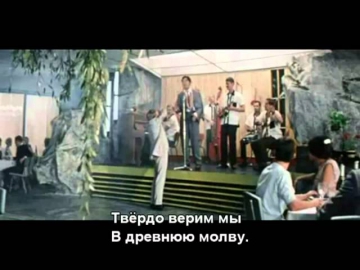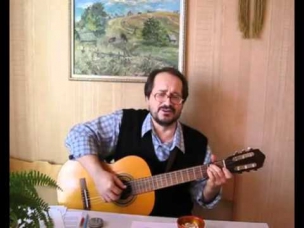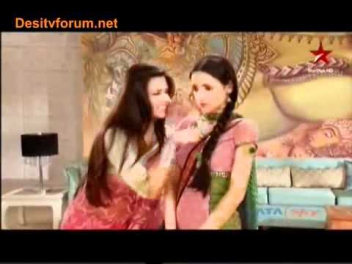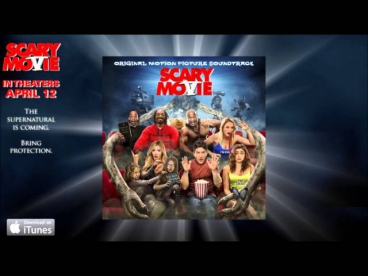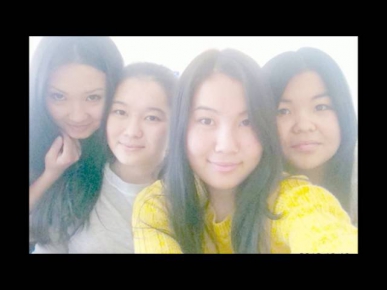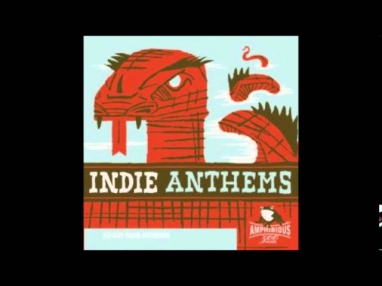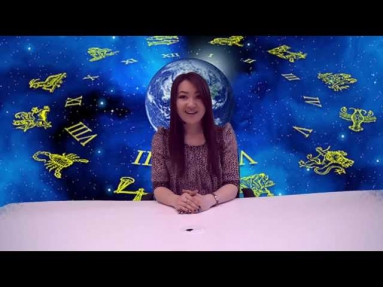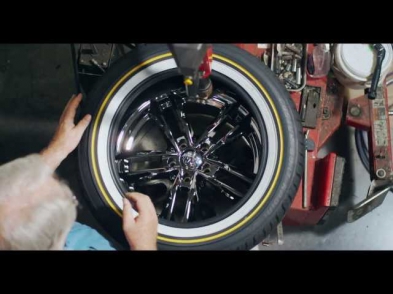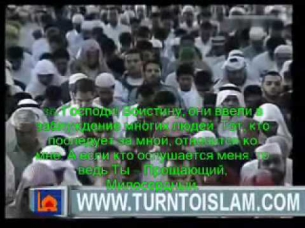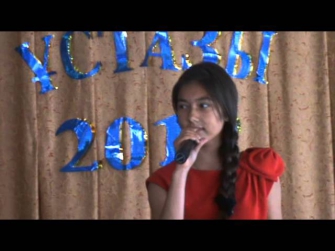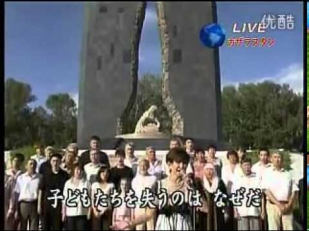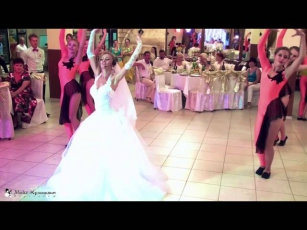Авторизация на сайте
Музыкальные стили
Песни которые слушают
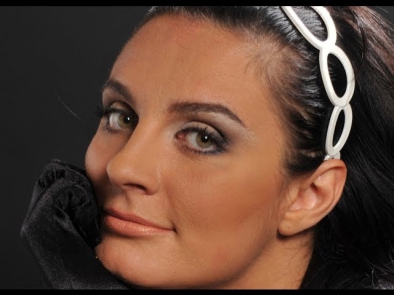
самый классный клубняк 2012
! Самый классный клубняк 2012 You see them all the time, but do you know how to use them correctly? In this lesson we go over the basic punctuation marks used to end a sentence. I also teach you to identify and avoid the run-on sentence, which is a common mistake ESL students and native speakers make in their writing. Watch this lesson to learn the quick and easy rules for using the period, exclamation mark, and question mark! Then take the quiz on it here: /learn-punctuation-period-exclamation-mark-question-mark/
TRANSCRIPT
Hi. Welcome to again. My name's Adam. Today, I'm responding to some requests for punctuation lessons. So, today's lesson is about punctuation. I'm going to focus on the period, the exclamation mark, and the question mark. Now, you're thinking: why am I beginning with these three? Because these are the ends of sentences. Right? These always come at a very specific point in the sentence, always at the end, always with a clear purpose.
What is the purpose? A period ends a sentence. Seems simple enough, everybody knows this. Correct? But it's not that simple. Many, many times I've seen students writing and not putting the period in the correct place. What...
Another thing you have to remember about the period is what comes after it is always a capital letter. Okay? Many people forget the capital after a period. A period ends a sentence which means it ends a complete idea. Whatever comes after the period is already a new idea. Of course, one idea flows to the next idea; one idea builds on the previous idea, but they are two separate ideas. When you have completed your sentence, when you have completed your idea - put a period. And British people call this: "a full stop". Same idea, means: full stop, done, next idea. Okay? With a capital letter. Always don't forget the capital letter. Or never forget the capital letter. Okay?
Another thing to remember about the period is that once you have a sentence with a complete independent clause and you don't have another independent clause with a conjunction, "and", "but", "so", "or", etcetera or a semi-colon-this is a semi-colon-that means your sentence is finished. If you have two independent clauses in a sentence and you don't have the conjunction, you don't have the semi-colon, means you have a run-on sentence. Okay? A "run-on sentence" is a sentence that has two subjects, two verbs, no spacing, no conjunction, no period. Okay?
Let's look at an example of a run-on sentence.
"Stacey and Claire went shopping at the mall with Ted and Alex they bought new clothes."
Does this sentence seem okay to you? If it does, there's a problem. Okay? We have "Stacey and Claire" as your subject-sorry, this is a "v" actually-"went shopping at the mall". Where? "With Ted and Alex". With who? This is a complete idea. "Stacey and Claire went shopping at the mall with Ted and Alex." Your idea is complete, this is what they did.
Now, at the mall, what did they do? "They bought new clothes." I put a period, I put a capital. I have to separate ideas, therefore, two separate sentences. Now, is there any other way I can fix this? Of course. I can put a comma after: "Alex," I could put the word: "and they bought", in which case, that sentence is fine. "And" joins two independent.
So, every time you're writing... Punctuation, of course, is for writing, not for speaking; we don't see punctuation in speaking. Every time you write, check your sentences. If you have two independent clauses, means two subject, subject, verb, and then subject, verb. If you have two of these, two combinations of subject and verb without a period between them, without a conjunction, without a semi-colon - you have a run-on sentence. Okay?
Just to make sure, here's another sentence. I'll take this away. Something came before.
"As a result," -of whatever came before-"the police evacuated the tenants of the building they thought this would be safer."
Oh. "The tenants of the building they thought this would be safer." Wait a minute. What's going on? Where does the sentence end? Where does the idea end? What's the next part of the sentence? Okay? "The police evacuated". Who? "The tenants". Which tenants? "Of the building". Okay? "The building they thought this", no. Okay, "The building that they thought this", no, doesn't make sense. So this must be the next subject, "they thought". Who are "they"? The police. "They thought". What? "This would be safer." So now, I need to put something here. I need to break up these two sentences because they're two separate ideas. This sentence explains why they did the action in the first sentence.
TRANSCRIPT
Hi. Welcome to again. My name's Adam. Today, I'm responding to some requests for punctuation lessons. So, today's lesson is about punctuation. I'm going to focus on the period, the exclamation mark, and the question mark. Now, you're thinking: why am I beginning with these three? Because these are the ends of sentences. Right? These always come at a very specific point in the sentence, always at the end, always with a clear purpose.
What is the purpose? A period ends a sentence. Seems simple enough, everybody knows this. Correct? But it's not that simple. Many, many times I've seen students writing and not putting the period in the correct place. What...
Another thing you have to remember about the period is what comes after it is always a capital letter. Okay? Many people forget the capital after a period. A period ends a sentence which means it ends a complete idea. Whatever comes after the period is already a new idea. Of course, one idea flows to the next idea; one idea builds on the previous idea, but they are two separate ideas. When you have completed your sentence, when you have completed your idea - put a period. And British people call this: "a full stop". Same idea, means: full stop, done, next idea. Okay? With a capital letter. Always don't forget the capital letter. Or never forget the capital letter. Okay?
Another thing to remember about the period is that once you have a sentence with a complete independent clause and you don't have another independent clause with a conjunction, "and", "but", "so", "or", etcetera or a semi-colon-this is a semi-colon-that means your sentence is finished. If you have two independent clauses in a sentence and you don't have the conjunction, you don't have the semi-colon, means you have a run-on sentence. Okay? A "run-on sentence" is a sentence that has two subjects, two verbs, no spacing, no conjunction, no period. Okay?
Let's look at an example of a run-on sentence.
"Stacey and Claire went shopping at the mall with Ted and Alex they bought new clothes."
Does this sentence seem okay to you? If it does, there's a problem. Okay? We have "Stacey and Claire" as your subject-sorry, this is a "v" actually-"went shopping at the mall". Where? "With Ted and Alex". With who? This is a complete idea. "Stacey and Claire went shopping at the mall with Ted and Alex." Your idea is complete, this is what they did.
Now, at the mall, what did they do? "They bought new clothes." I put a period, I put a capital. I have to separate ideas, therefore, two separate sentences. Now, is there any other way I can fix this? Of course. I can put a comma after: "Alex," I could put the word: "and they bought", in which case, that sentence is fine. "And" joins two independent.
So, every time you're writing... Punctuation, of course, is for writing, not for speaking; we don't see punctuation in speaking. Every time you write, check your sentences. If you have two independent clauses, means two subject, subject, verb, and then subject, verb. If you have two of these, two combinations of subject and verb without a period between them, without a conjunction, without a semi-colon - you have a run-on sentence. Okay?
Just to make sure, here's another sentence. I'll take this away. Something came before.
"As a result," -of whatever came before-"the police evacuated the tenants of the building they thought this would be safer."
Oh. "The tenants of the building they thought this would be safer." Wait a minute. What's going on? Where does the sentence end? Where does the idea end? What's the next part of the sentence? Okay? "The police evacuated". Who? "The tenants". Which tenants? "Of the building". Okay? "The building they thought this", no. Okay, "The building that they thought this", no, doesn't make sense. So this must be the next subject, "they thought". Who are "they"? The police. "They thought". What? "This would be safer." So now, I need to put something here. I need to break up these two sentences because they're two separate ideas. This sentence explains why they did the action in the first sentence.
Рейтинг: 0
Певец: Самый классный клубняк 2012
Песня: !
Длина файла: 04:05
Дата добавления: 2015-02-20
Текст просмотрен: 1012
Текст песни:
:D
Вам понравится и:
- супер орегинальный мега басс 2014 - клубняк самый классный на свете, мега супер ПИЩАЛКА!!!!ААААААА - супер пищалка мега басс 2012 - клубняк самый классный на свете, мега супер ПИЩАЛКА!!!!ААААААА
- DJ DIMIXER & Данил Фэйк. КЛУБ РАЙ ХИТ ЛЕТА 2012 МОДНЫЙ КЛУБНЯК - ВИСКИ С КОЛОЙ СЛАДКИЙ ДЫМ НАС КАЧАЕТ КОКАИН! наркоман павлик клубняк 2012 качающие басы пищалки клуб
- классный реп - история про одного пса
- басс, Дабстеп , клубняк 2012, - vk.com/magaingush06 - тут самые лучше музыки и не забудь добавить .
- Клубняк 2012 - Polochelars 2011 (remix)
- Клубняк 2012 (ЛЕТО) - http://vk.com/dancedanc клубняк 2012
- самый классный подарок невесте от жениха - песня из видео
- Самый реальный клубняк 2011 года - 123
- Клубняк 2012 (ЛЕТО) - Оп Оп Опа Нагою топта
Фильмы
Learn Punctuation: period, exclamation mark, question mark
Комментарии (0)
Добавить коментарий
